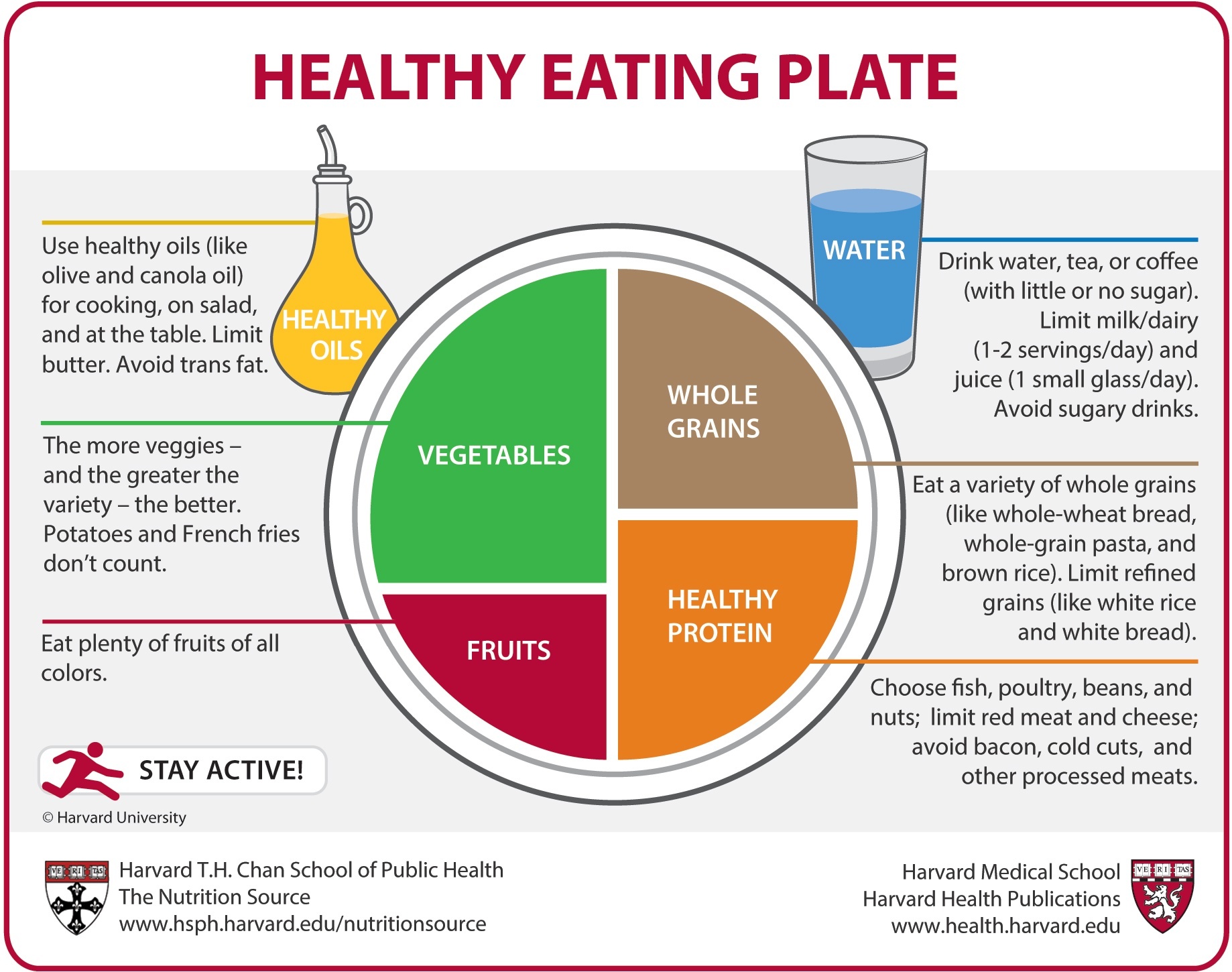
The body requires many different vitamins and minerals that are crucial for both body development and preventing disease. These vitamins and minerals are often referred to as micronutrients. They aren’t produced naturally in the body, so you have to get them from your diet.
A nutritional deficiency occurs when the body doesn’t absorb or get the necessary amounts of a nutrient from food. Deficiencies can lead to a variety of health problems. These can include digestion problems, skin disorders, stunted or defective bone growth, and even dementia.
The amount of each nutrient you should consume depends on your age. In the United States, many foods you buy in the grocery store—such as cereals, bread, and milk—are fortified with needed nutrients that can prevent nutritional deficiencies.
Yet sometimes, your body is unable to absorb certain nutrients even if you’re consuming them; thus making you deficient in any of the nutrients your body needs.
Signs and symptoms of nutritional deficiencies
There are general symptoms you might experience. It’s possible to display signs of one or two, or all of them.
These symptoms can include:
- pallor, or pale skin
- fatigue
- weakness
- trouble breathing
- unusual food cravings
- hair loss
- periods of lightheadedness
- constipation
- sleepiness
- heart palpitations
- feeling faint or fainting
- depression
- tingling and numbness of the joints
- menstrual issues, such as missed periods or very heavy cycles
- poor concentration
What are some nutritious eating habits to implement and teach our children?
- Consume fewer calories.
- Get moving daily.
- Make mindful food choices.
- Understand what your foods contain.
- Eat only when you're hungry instead of when you are tired, anxious, or feeling an emotion.
- Put your snacks on a plate instead of eating from the package. This helps you to control how much you eat.
- Drink water instead of high-sugar drinks.
- Consider changing your favorite fast food restaurant to one with healthier options.
- Aim to try making a new healthy recipe at least once a week.
- Eat your fruits instead of drinking them.
If you are displaying some signs of nutritional deficiencies, your doctor may want to discuss your diet and habits, and order some routine blood tests. Some physicians will suggest following the Healthy Eating Plate© as a guide to creating balanced meals.

Remember that your goal when eating should be to fuel your body. It can be a challenge to change your eating habits, but try to start out with small positive changes. Set realistic goals and keep in mind that following your doctor’s advice is always a better choice than following a fad diet.
Do you have dreams and goals you want to accomplish? Your body deserves to be made a priority so that you can achieve all that you aspire to. Good nutrition means a healthier life which leads to a longer life. Be good to yourself! Being healthy is a marathon, not a sprint!
To implement some healthy habits for your family read this blog with 8 tips on how to do just that!


